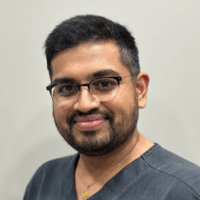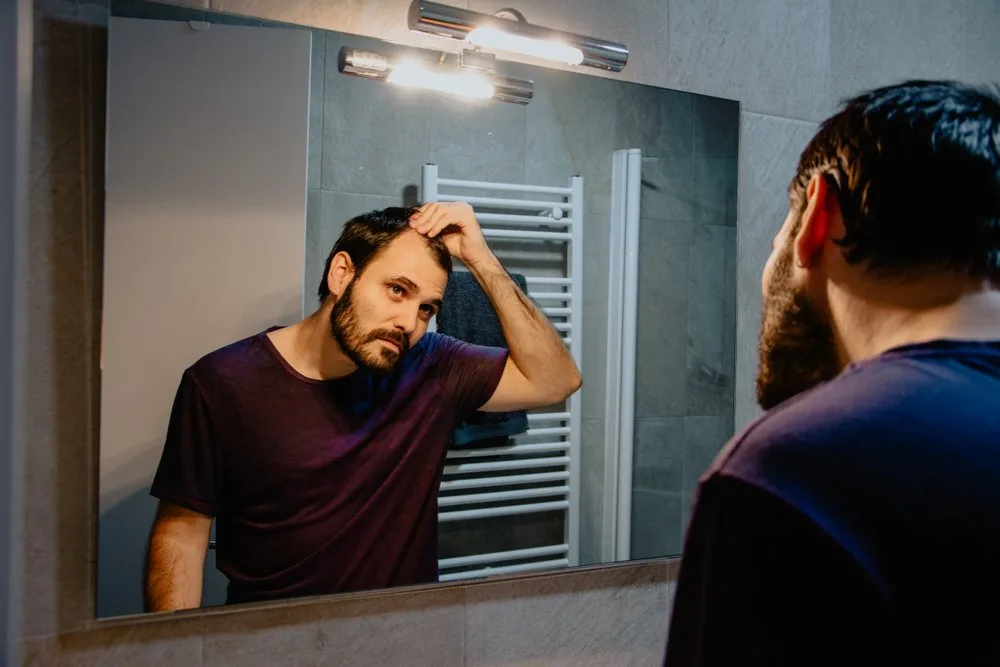Johanesburg South Africa – Hair loss is often viewed as a cosmetic concern, but emerging clinical insights confirm what many medical professionals have long understood: overall health is one of the most significant contributors to hair loss, and a crucial factor in whether hair restoration procedures succeed.
A Healthy You For Healthier Hair
Chronic conditions such as diabetes, hypertension, and high cholesterol are closely linked to diffuse hair thinning, particularly when left undiagnosed or poorly managed.
These conditions disrupt blood flow, create oxidative stress, and limit nutrient supply to the hair follicles. This directly affects hair growth and viability, especially in patients with a genetic predisposition to balding.
While patterned baldness is widely understood, lifestyle factors are typically overlooked until the condition becomes advanced. People are typically surprised to learn that their smoking, alcohol use, stress levels, or even recreational drug use may be accelerating their hair loss or interfering with their recovery.
Undisclosed drug use can compromise not only natural regrowth but also post-surgical outcomes. We’ve seen poor graft uptake and higher complication rates in these cases. That’s why our pre-surgical assessments are so thorough. We need full transparency to ensure patient safety and the best possible results.
Hair Restoration
Hair restoration is a medical procedure, not a cosmetic quick fix – and a patient’s internal health matters just as much as surgical precision. At my clinics, all patients undergo full blood work and health screening before being approved for surgery.
This is vital not only for safety, but often for diagnosis. Hair loss can sometimes be the first visible symptom of an underlying condition. Through our screenings, we’ve detected cases of unmanaged diabetes, hypertension, and even early autoimmune markers.
Even once cleared for surgery, long-term success requires commitment from both doctor and patient. The patient’s role is just as important as the surgeon’s. They need to maintain their health, so the body can heal and support strong, sustainable regrowth.
Hair Loss and Disease
In July, we announced a partnership with the Cancer Association of South Africa (CANSA), offering free consultations and personalized advice to cancer survivors – many of whom face permanent scarring or delayed hair regrowth after treatment.
Hair loss after cancer goes far deeper than appearance. It impacts confidence, identity, and how survivors re-enter everyday life. The good news for survivors is that the minimally invasive Follicular Unit Extraction (FUE) technique can provide an effective pathway to emotional and physical restoration – but only when the body is ready.
For those in the early stages of hair loss, early intervention is key. If the cause is lifestyle-related, healthier habits can help. If it’s genetic, medications or non-surgical treatments may stabilize the hair loss, sometimes delaying or even eliminating the need for surgery. But ultimately, it’s simple: healthy hair starts with a healthy body.
Takeaway
We can deliver technically flawless procedures, but healing still depends on the patient. When people approach hair restoration with the same seriousness as any other medical treatment, the results – and their overall well-being – are far better.
Who is the author?

Dr. Kashmal Kalan
Dr. Kashmal Kalan is the medical director of AlviArmani South Africa. His compassionate, patient-centered philosophy and individualized artistic approach to protecting, enhancing, and restoring the appearance and health of the hair and scalp are what set him apart from non-specialists and other practitioners. Known for his meticulous and artistic approach to hair transplant surgery, Dr. Kalan ensures his hairlines and density are indistinguishable from a natural hairline, even from a high-definition close-up, bringing his art to life.
Dr. Kashmal Kalan is an honorary member of the International Golden Key Society and a graduate with distinction from the University of the Witwatersrand School of Medicine.
Dr. Kalan was trained at one of South Africa’s most prestigious academic hospitals, Charlotte Maxeke Johannesburg Academic Hospital, where he gained valuable experience and skill in surgical specialties. Dr Kalan then went on further with his passion for emergency and trauma medicine by working at the Hillbrow Community Health Center. During his time there, Dr. Kalan enhanced his knowledge and perfected his hand skill as well as completed several internationally recognized courses. These include Advanced Trauma Life Support (ATLS), Advanced Medical Life Support (AMLS), Paediatric Advanced Life Support (PALS) as well as Neonatal Resuscitation.



![women [longevity live]](https://longevitylive.com/wp-content/uploads/2020/01/photo-of-women-walking-down-the-street-1116984-100x100.jpg)










